China’s financial sector faces new anti-corruption storm
Is the stifling of the economy and the decline of all industries a price that can be paid amid the fight against corruption? Lianhe Zaobao China news editor Yang Danxu finds out more about China’s new round of crackdowns on corruption.
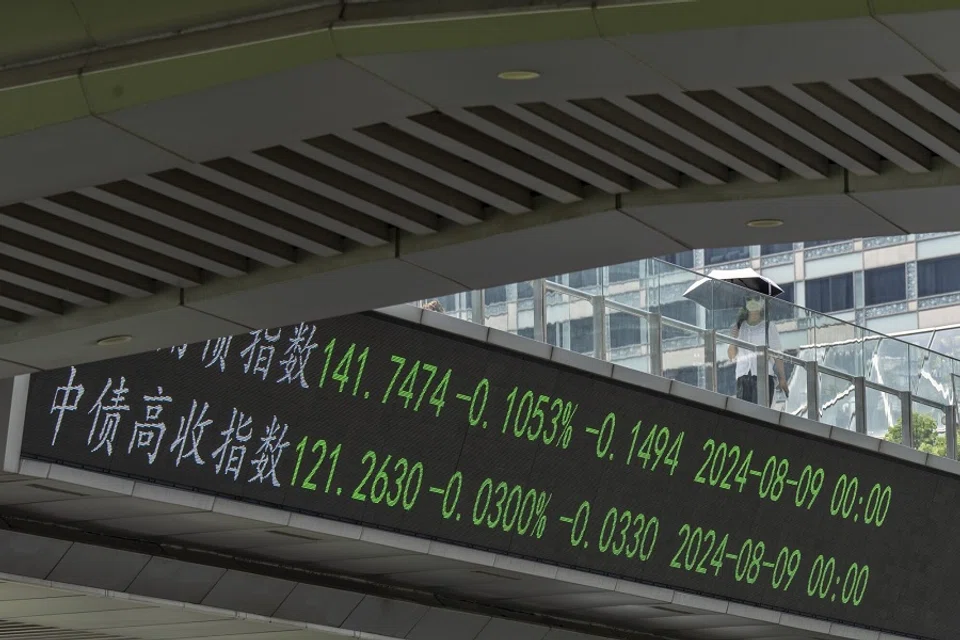
On 25 August, the Bank of China (BOC), one of China’s four major banks, announced the resignation of Liu Jin as vice-chairman and president of the bank with immediate effect, citing “personal reasons”.
Both president and former chairman in trouble
Liu Jin has long served in the banking industry, including in several positions at Industrial and Commercial Bank of China. In 2018, he was promoted to a member of the Communist Party Committee and vice-president of the China Development Bank, becoming a central government official. At the end of 2019, he was transferred to Everbright Bank and soon became its president; in 2021, he was appointed BOC president.
During his time at BOC, he worked with former chairman Liu Liange. The latter stepped down as secretary of the Communist Party Committee of the BOC in February last year and as chairman on 19 March 2023 due to “work adjustments”. He officially came under investigation at the end of March.
In April this year, the Chinese court heard Liu Liange’s case, revealing that he had accepted bribes of over 121 million RMB (US$17 million) and illegally issued loans of over 3.32 billion RMB.
Indeed, there were signs leading up to Liu Jin’s resignation. At a BOC board meeting on 19 August, 13 out of 14 directors attended, while Liu was absent due to “other arrangements”. A Hong Kong media outlet later posted unfavourable news about Liu on Weibo, but it was quickly deleted.
Among the 34 targets of the inspection that started in April this year, about half were financial units and institutions... BOC was one of the inspection targets.
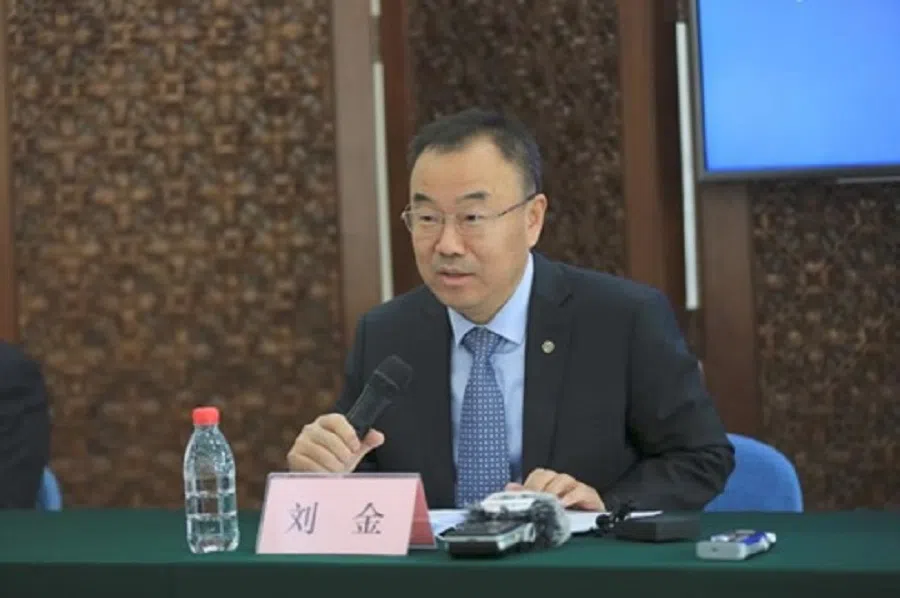
Liu Jin’s resignation coincided with the final stage of the third round of inspections of the 20th Central Committee of the Chinese Communist Party. Among the 34 targets of the inspection that started in April this year, about half were financial units and institutions, including financial regulatory bodies, large state-owned banks, financial central enterprises and policy banks. BOC was one of the inspection targets.
Chinese social media highlighted that the BOC did not mention Liu Jin’s future plans or express gratitude to him in their announcement of his resignation.
It is rather unusual for an official announcement to make no mention of the contributions of the bank president who has served for over three years, nor a simple, courteous expression of thanks.
At 57, Liu Jin has not yet reached retirement age. The information before and following his resignation suggest that there are many suspicious circumstances around the change, and his future prospects are likely to be grim. It is also worth observing whether others will be implicated.
Widespread corruption
This round of personnel changes in BOC’s top management comes as the financial sector is being swept up in an anti-corruption storm. According to data compiled by The Paper, at least 12 people in the financial system were investigated in July alone, all of whom were high-level officials in central government agencies, state-owned enterprises and financial institutions.
Some were exposed as “huge corrupt” (巨贪) officials or “moles” (内鬼) amid the intense anti-corruption campaign, while others were uncovered as “crocodiles” (大鳄) during the industry-wide reforms.
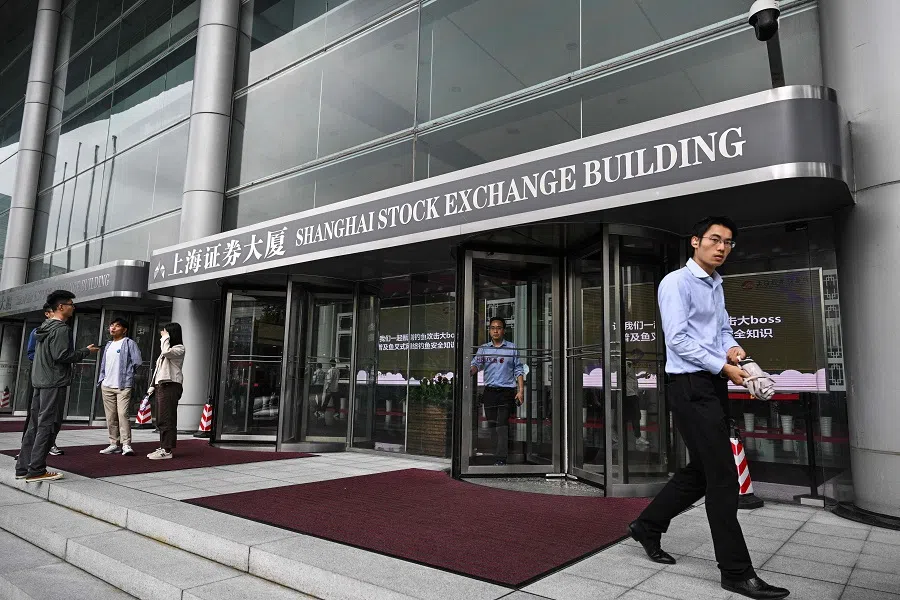
In early August, Shanghai Stock Exchange deputy general manager Dong Guoqun and director of the China Securities Regulatory Commission’s Shenzhen branch Chen Xiaopeng were officially dismissed. Both were involved in “late-stage corruption” cases, with Dong being investigated just before his retirement, and Chen being investigated after having already retired for over four years. Ding Wei, who had left his position as former vice-president of China Merchants Bank several years ago, was also announced to be under investigation last week.
A wave of reforms has also taken place in the securities and private equity sector. High-profile executives reportedly taken away since the end of July include Jiang Chengjun, deputy general manager of Haitong Securities; Wang Chen, assistant to the president and head of the investment banking department of Guoyuan Securities; and Zhao Xuejun, veteran fund management executive and chairman of Harvest Fund Management.
The executives and senior leaders who have fallen from grace come from various sectors within the financial industry, including banking, securities regulation and securities firms.
Some were exposed as “huge corrupt” (巨贪) officials or “moles” (内鬼) amid the intense anti-corruption campaign, while others were uncovered as “crocodiles” (大鳄) during the industry-wide reforms. Although official investigations have yet to reveal the specific issues of each individual, it is believed to be related to common problems such as bribery and corruption, improper benefit transfers, regulatory violations and insider trading.
However, it remains doubtful whether the financial sector — as the bloodline of the national economy and a modern tool for effective resource allocation — has effectively supported the real economy and made investors feel a sense of gain.
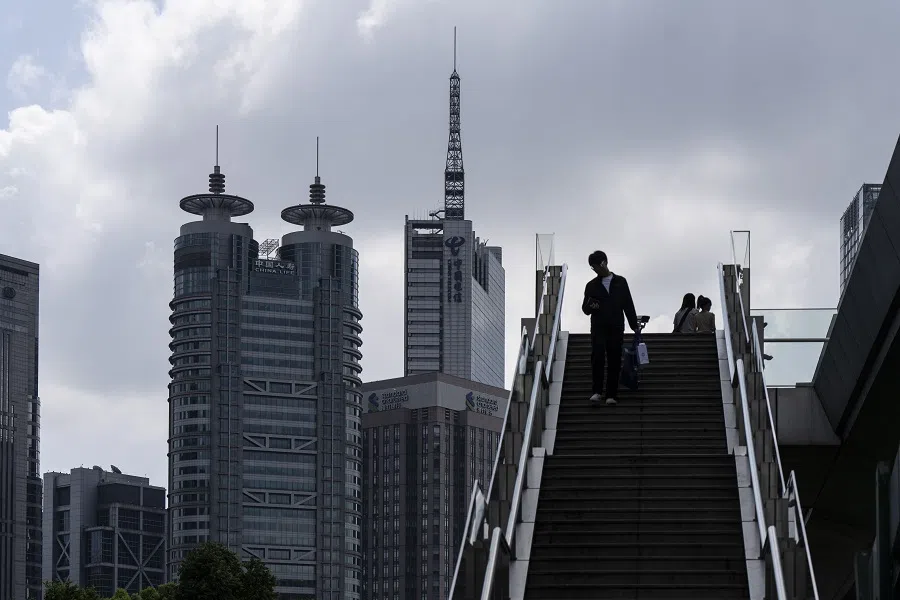
China’s financial sector is capital-intensive, topped with substantial benefits and numerous shenanigans. Its complex web of interests and concentrated power has always made it the epicentre of corruption and rent-seeking. Those involved are not only industry practitioners who make illegal profits, but also public officials who are supposed to play the role of “gatekeepers” but are instead “in cahoots” with the targets of regulation.
Regulate or relax?
While it is not the first time that officials are imposing a hard-handed crackdown on the financial sector, the development challenges that China is currently facing could have compelled the higher-ups to make a more determined effort in addressing the issues within the financial sector.
Some industry practitioners pointed out that the financial sector has made a lot of money in recent years, including money that should not have been earned. However, it remains doubtful whether the financial sector — as the bloodline of the national economy and a modern tool for effective resource allocation — has effectively supported the real economy and made investors feel a sense of gain.
Over the years, issues stemming from ineffective regulation have significantly increased the risks within the financial system, and various financial crises have further contributed to social instability.
In response to the authorities’ push against “financial elitism” and concerns about high financial sector salaries, the higher-ups are advocating for salary adjustments for financiers. The aim is to promote common prosperity and reduce illegal profit-making in the industry. This move seeks to lessen the financial sector’s appeal and redirect talent and capital toward industries more in line with the national development strategy.
... amid a challenging economic environment, frequent news about anti-corruption campaigns has left the entire industry on tenterhooks. Nowadays, people are either “participating in party-related thematic learning or lying flat”.
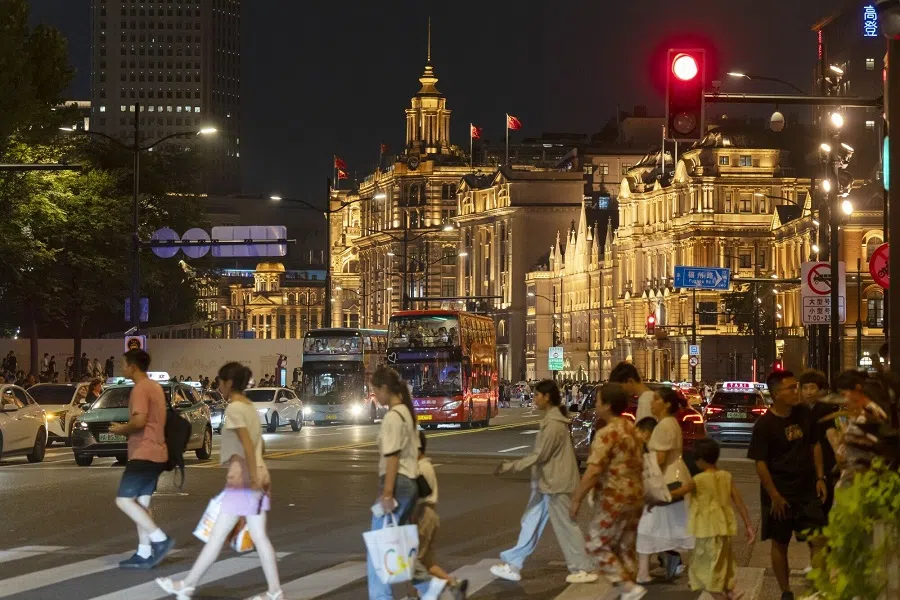
The financial sector needs to be rectified and regulated, while the “tigers” and “flies” within the industry must be exposed. But some are also worried that while the campaign-style crackdown can serve as a temporary deterrent and intimidation, it could also bring about some side effects.
In this round of intense anti-corruption crackdown, some financiers felt incredibly helpless. Other practitioners admitted privately that amid a challenging economic environment, frequent news about anti-corruption campaigns has left the entire industry on tenterhooks. Nowadays, people are either “participating in party-related thematic learning or lying flat”.
Ultimately, this reflects China’s recurring dilemma: regulate and the industry falters; loosen controls and it spirals out of control. While combating corruption is crucial, can stifling the economy and causing the decline of various industries be justified as the cost? In the end, China would need to undertake reforms in financial mechanisms, business models and regulatory systems to break the cycle of vacillating between excessive regulation and lax control.
This article was first published in Lianhe Zaobao as “金融反腐整顿风暴再起”.





